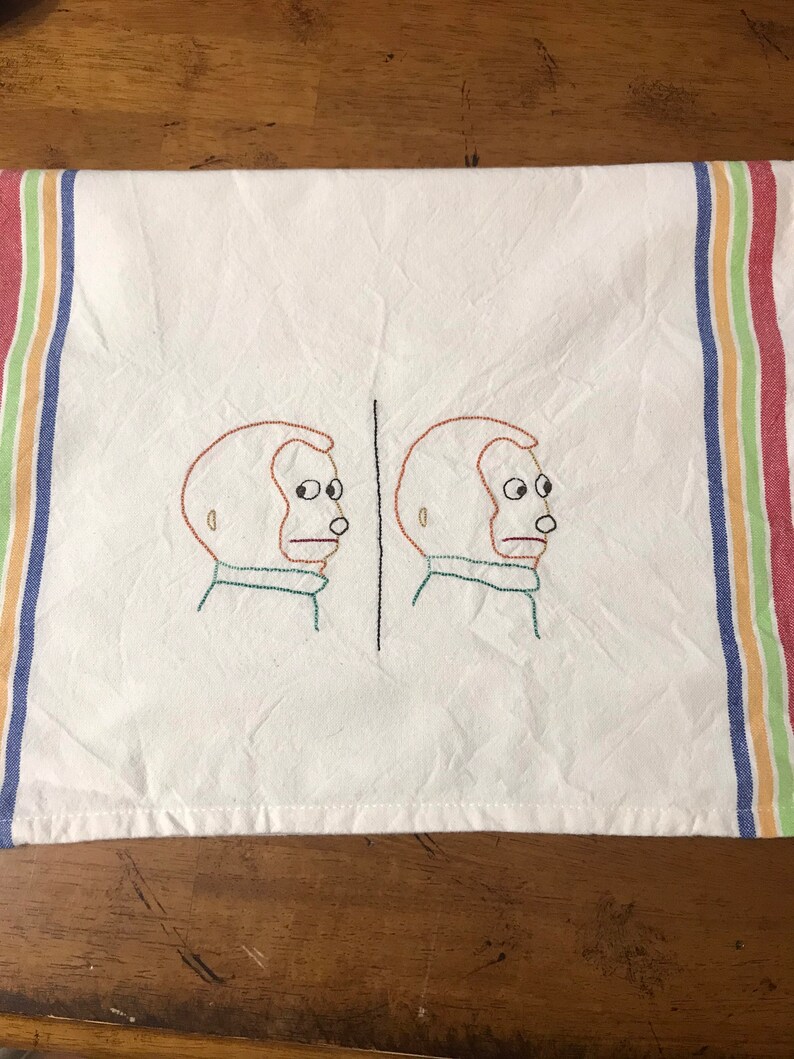

“But I can say that you can see it just by looking at people on TV, and in interviews. 4.“There’s no way to prove this is universal,” Ehrlichman says. The "grandfather clause" stated that black men could only vote if their parents or grandparents were able to vote before the year 1867 - which was, conveniently for the racist lawmakers, many years before black Americans were permitted access to voting rights. At that time, several Southern states developed and enforced the clause as a way to defy the 15th Amendment, and thus prevent black Americans from utilizing their then-newfound right to vote. The term "grandfather clause" originated in the American South, way back in the 1890s. And this one didn't take on a bad meaning over the years - this one's been racist from the very beginning. So, for example, you can be "grandfathered in" to your cell phone plan, or excluded from the new restrictions of your employer's health insurance premiums due to the "grandfather clause." Sounds harmless, right? Well, it's not. In case you aren't familiar "grandfather clause," or the act of being " grandfathered in," Merriam-Webster defines it as "a part of a law which says that the law does not apply to certain people and things because of conditions that existed before the law was passed." It's a term that is, ironically enough, most often used in professional, business-type situations.

And now that I know where it comes from, I feel pretty horrible about how cavalierly I've tossed it around in the past. Of all the phrases on this list, I have probably heard this one used, and used it myself, more than any of the others. Here are five common phrases used in Western culture that have some seriously messed-up, racist backgrounds. However, that's not an excuse to keep from learning and thinking about what the things we say really mean, and the cultural baggage attached to them. So we can forgive ourselves for not knowing the history of every single word and phrase we use. ("Slut" and "queer" are two such terms.)īasically, English is a tricky language, and I think anyone who speaks it understands that. And sometimes, more happily, the opposite happens, and once-bigoted phrases are reclaimed and used in positive ways by the very groups they were intended to marginalize. Sometimes a perfectly innocuous phrase can be utilized by racists for their horrible agenda, tainting it. Sometimes a word's troubling origins are forgotten.

And sometimes, this means that certain terms and phrases can change their meaning over time. Of course, the nature of the English language (or any language, really) is that it's almost constantly changing. Over time, we forgot about those definitions, and have gone back to using the phrases as usual - but when we do so, we're carrying their secret racist history with us. While that's horrible, it's also not the end of the story - many common phrases we use every day, which did not have initially racist origins, were then repurposed to have racist meanings somewhere along the line. But what I didn't know until recently is that in the U.S., a lot of our most popular phrases have racist origins.

Have you ever used a common phrase, one you've heard a thousand times before, and suddenly wondered, "Where did that expression even come from, anyway?" I know I have.


 0 kommentar(er)
0 kommentar(er)
